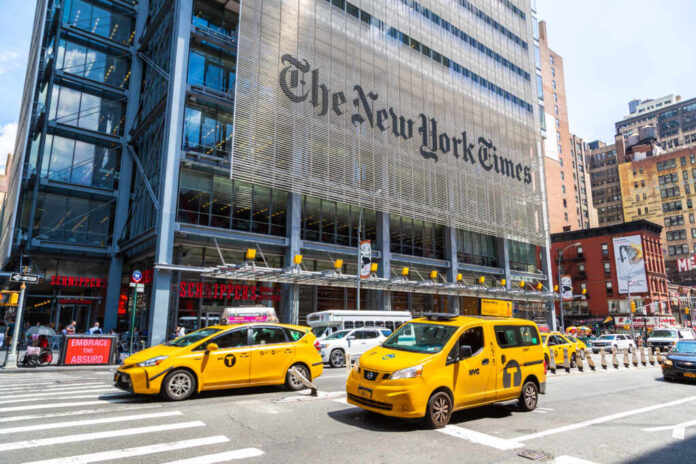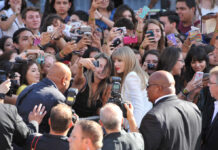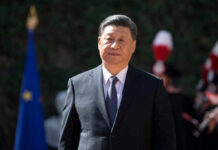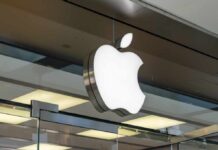
Since purchasing Twitter last year, billionaire Elon Musk has done a lot more than just change the social media platform’s name to X. He has emphasized the importance of free speech and sought to level the playing field so that alternative sources of news can achieve exposure on par with establishment media outlets.
Along the way, the company has taken action against some legacy news organizations by, among other things, removing the verification check marks that formerly appeared for free alongside the names of certain high-profile companies and individuals.
In recent articles published by The New York Times and Washington Post, reporters sounded the alarm regarding supposed threats related to Musk’s ownership of the platform.
The Times piece, which boasted three names in its byline, sought to juxtapose Musk’s earlier assertion that the site “cannot become a free-for-all hellscape” with the reporters’ conclusion that, under his leadership, it “has become exactly that.”
Earlier this year, the Times was among the first prominent accounts to lose its check mark due to a refusal to pay the new monthly subscription fee. Shortly thereafter, Musk reconsidered and provided verification for the news outlet and certain other accounts in an effort to allow users to more easily confirm its authenticity.
In the aftermath of the attack on Israel by Hamas terrorists several weeks ago, however, the Times once again temporarily lost its verification due to its promotion of the widely disputed claim that Israel was responsible for an explosion at a hospital in Gaza. The outlet later retracted its report, acknowledging that it relied on statements by Hamas leaders.
“You know the old reporter’s maxim, “If your mother tells you she loves you, check it out”? Well if that’s true, what should you do when a terrorist organization tells you something?” https://t.co/UziyUIzxvM
— Josh Kraushaar (@JoshKraushaar) October 24, 2023
Instead of focusing on the obvious shortcomings within its once-revered newsroom, the Times opted to lash out at X — and Musk in particular — for that platform’s perceived problems.
The article claimed that “the site has experienced a surge in racist, antisemitic and other hateful speech” while exposing users to “misinformation about climate change” and “divisive propaganda.”
For his part, Musk has remained defiant in the face of critics’ claims that he has ushered in a spike in hate speech and misinformation.
During an interview in April, he pushed back against BBC reporter James Clayton’s claim that there was more hate speech on the site.
You said you’ve seen more hateful content but you can’t name a single example, not even one?” Musk asked after Clayton struggled to back up his assertion.
































